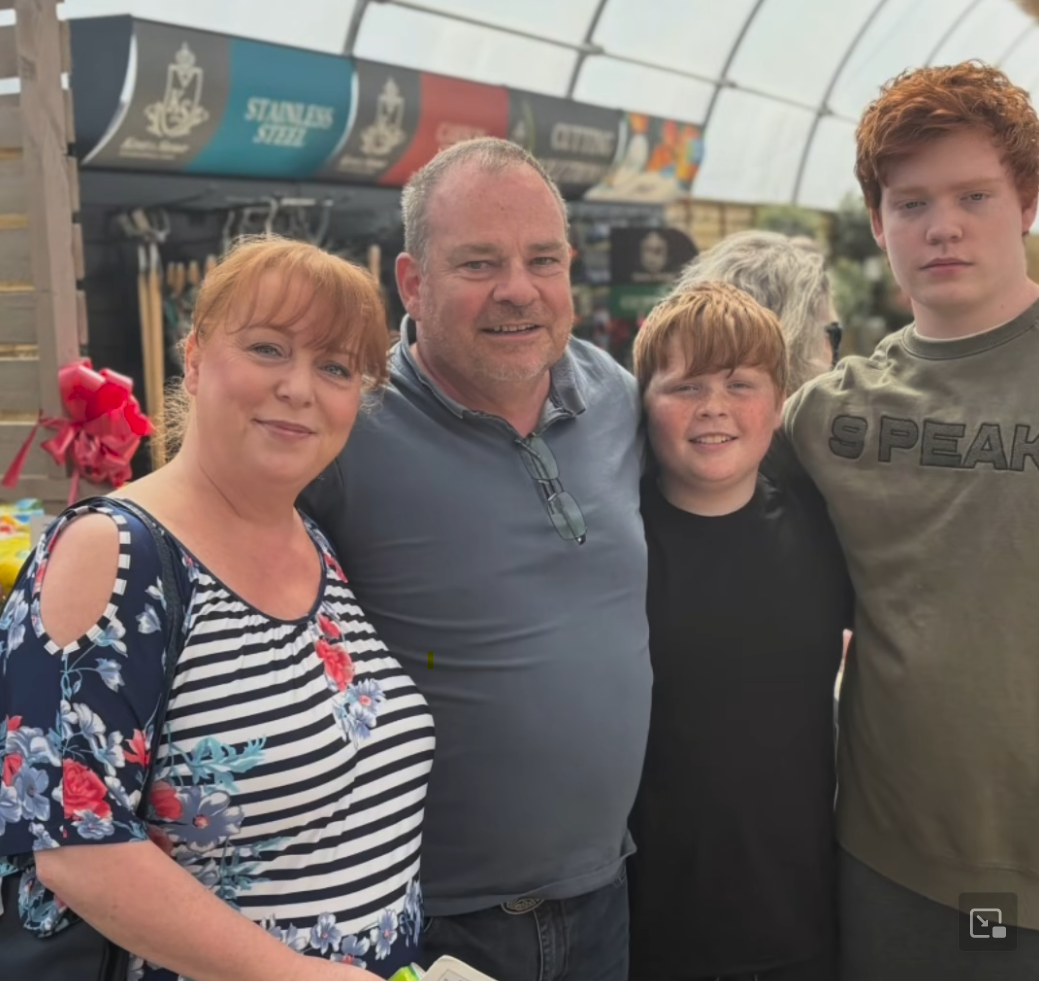Why Peat-Free Gardening Matters
At Gardening Well, we believe gardening is more than planting—it’s a quiet act of climate action. Every compost choice is a vote for the kind of world we want to grow. That’s why we’re proud to champion peat-free compost as a core part of sustainable gardening.
Small changes in the garden can lead to big changes for the planet.
The Case for Peat-Free Compost
Peatlands are climate heroes. They store carbon, filter water, and support rare biodiversity. But when peat is harvested for compost, these ecosystems are drained and destroyed—releasing carbon and silencing nature’s quietest guardians.
- Protect Peatlands: Preserve carbon sinks and fragile habitats
- Improve Soil Health: Boost microbial life and moisture retention
- Support Renewable Materials: Choose compost made from bark, coir, and green waste
“Soil isn’t dirt—it’s climate strategy.”
#SoilHealth #PeatFree #GardeningWell
Why Peat-Based Compost Falls Short
- Releases Carbon: Peat extraction contributes to climate change
- Destroys Habitats: Damages wetlands and biodiversity
- Lacks Nutrients: Often needs synthetic additives to support plant growth
We’ve seen firsthand—through our community garden builds—how peat-free compost supports healthier, more resilient gardens.
Where to Buy Peat-Free Compost Locally
We’re proud to recommend Elmgrove Flower Farm, just down the road in Gormanston. They offer high-quality peat-free compost, organic fertilizers, and soil amendments—perfect for gardeners who want to grow with purpose.
Elmgrove is more than a flower farm—it’s a hub for sustainable living, with a farm shop, seasonal blooms, and a deep commitment to Irish-grown goodness.
Ready to Make the Switch?
Choosing peat-free compost is one of the simplest, most powerful ways to garden in harmony with nature. Whether you’re planting pollinator borders or starting a school garden, your soil choices matter.
“Your garden is not a showroom—it’s a habitat.”
#RewildYourGarden #PeatFree #GardeningForChange
Let’s grow something better—together.


